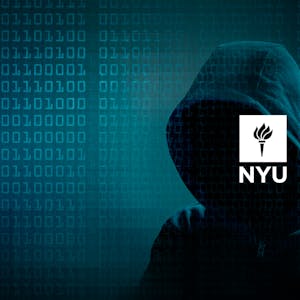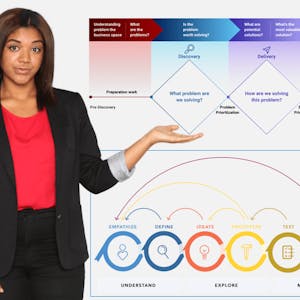Introduction to Cyber Attacks
About this Course
This course provides learners with a baseline understanding of common cyber security threats, vulnerabilities, and risks. An overview of how basic cyber attacks are constructed and applied to real systems is also included. Examples include simple Unix kernel hacks, Internet worms, and Trojan horses in software utilities. Network attacks such as distributed denial of service (DDOS) and botnet- attacks are also described and illustrated using real examples from the past couple of decades. Familiar analytic models are outlined such as the confidentiality/integrity/availability (CIA) security threat framework, and examples are used to illustrate how these different types of threats can degrade real assets. The course also includes an introduction to basic cyber security risk analysis, with an overview of how threat-asset matrices can be used to prioritize risk decisions. Threats, vulnerabilities, and attacks are examined and mapped in the context of system security engineering methodologies.Created by: New York University

Related Online Courses
This Specialization is designed for post-graduate students aiming to develop ethical hacking skills. Through three comprehensive courses, you will explore methodologies, penetration testing... more
In this short course, you learn what generative AI is and discover how it can be applied in different business scenarios. You will explore how you can utilize generative AI to enhance your social... more
In this 3-course specialization, you will learn to see nature the way a biologist does. You will gain an understanding and appreciation for the incredible diversity of life and the interdependence... more
Agile can often challenge project managers in the realm of leadership. Old styles of command-control are now a thing of the past, except for the most conservative organizations. While good leaders... more
Customer-centric design is key to the success of any solution, product, or service over time. This specialization explores the core principles of Generative AI and its transformative impact on... more








